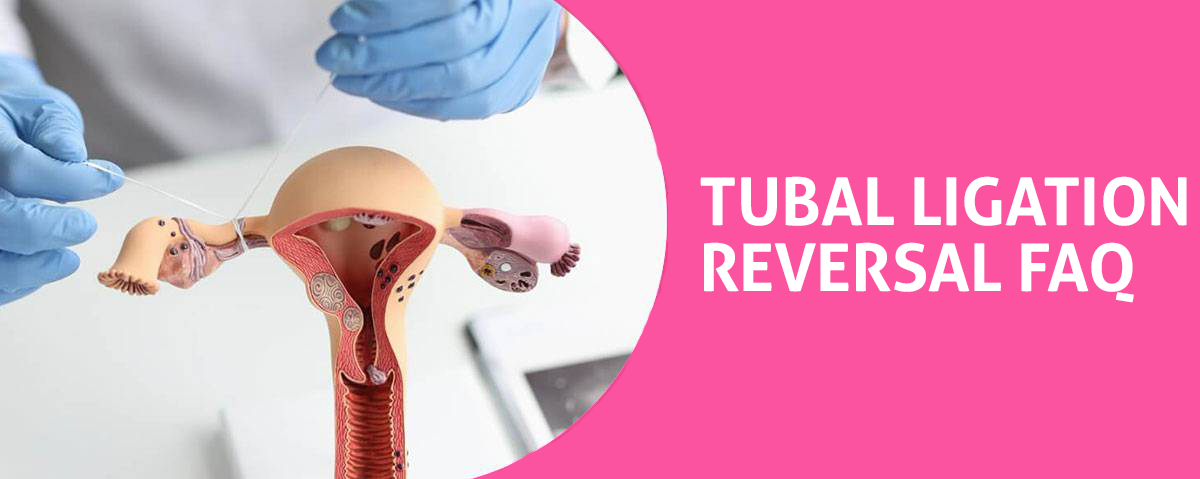After Tubal Ligation What Would Be Signs of Pregnancy?
You’ve walked the path of tubal ligation, believing you’ve shut the door on pregnancy. But now, you’re feeling a bit ‘off’. Could it be possible? This article will help you understand the signs of pregnancy after tubal ligation, how to confirm it and what to do next. Let’s explore this uncharted territory together, dispelling myths and providing you with the knowledge you need.
Recognizing Pregnancy Symptoms Post-Ligation
Despite going through a tubal ligation, if you’re experiencing symptoms like missed periods, morning sickness, or unexplained fatigue, you might be dealing with an unexpected pregnancy. Remember, ligation complications can result in a failed procedure, leading to potential conception. Hormonal changes can also mimic certain signs of pregnancy, adding to the confusion. A heightened sense of smell, food aversions or cravings, breast tenderness, and frequent urination are other symptoms to watch out for. Although these could be signs of a hormonal imbalance or other medical conditions, it’s crucial not to dismiss them if you’ve had a tubal ligation. If these symptoms persist, it’s advisable to consult your healthcare provider immediately to rule out a possible pregnancy or detect any ligation complications.
Confirming Pregnancy After Tubal Ligation
If you’re noticing potential signs of pregnancy after a tubal ligation, it’s important to take action to confirm whether you’re actually pregnant or not. The first step is to take a home pregnancy test. If it’s positive, seek immediate medical attention. Even if you’ve had a ligation reversal, there’s still a high risk of ectopic pregnancy, where the fertilized egg implants outside the uterus. This can lead to serious ectopic concerns, requiring immediate medical intervention. Your doctor may perform an ultrasound to confirm the pregnancy’s location and viability. Blood tests may also be taken to measure your hCG levels. Don’t ignore unusual symptoms post-ligation. Always consult a healthcare professional to ensure your safety.
Managing an Unexpected Pregnancy
When you find yourself dealing with an unexpected pregnancy after a tubal ligation, it’s crucial to weigh your options carefully and make informed decisions. Emotional coping is essential during this period. Consider seeking professional guidance from a therapist or counselor to help navigate your feelings. You may experience a range of emotions, from shock and disbelief to fear and anxiety, which is entirely normal.
Financial planning also becomes paramount. An unexpected pregnancy might necessitate budget adjustments. Consider seeking financial advice or using online tools to help manage your resources effectively. Remember, it’s vital to address these concerns early on, not just for your peace of mind but also for the well-being of your potential child.
Other Popular Questions About Tubal Ligation Reversal:
How Dangerous Is Tubal Ligation?
How Common Is Weight Gain After Tubal Ligation?
How Common Is Tubal Ligation Failure?
How Common Is Regret After Tubal Ligation?
How Common Is Recanalization After Tubal Ligation?
How Common Is It to Get Pregnant 7 Years After a Tubal Ligation?
How Can You Tell if Your Tubal Ligation Failed?
How Can You Still Have Periods After Tubal Ligation Anatomy?
How Can You Have a Period After Tubal Ligation?
How Can I Tell What Type of Tubal Ligation I Had?
How Can I Reverse Tubal Ligation?
How Can I Prevent Early Menopause After Tubal Ligation?
By using this webiste you agree to Terms and Conditions
